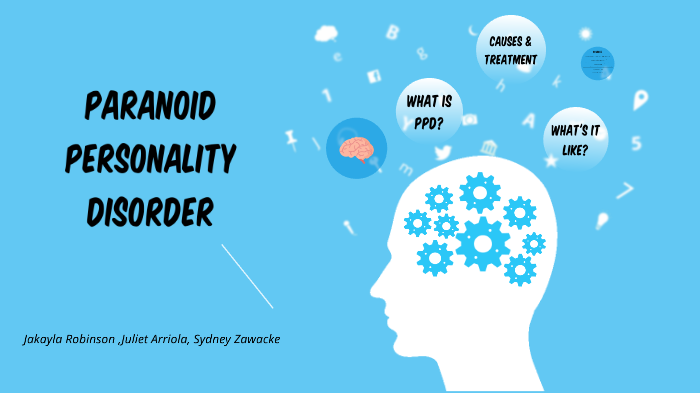

Some people may also show features of more than one personality disorder.

So, some people may have some features of a personality disorder without having the entire disorder. Generally, they agree that personality disorders lie on a spectrum, along with normal personality traits. There are different ways to classify personality disorders, and experts often disagree about the best way to group them together. What are the types of personality disorders? However, personality disorders are genuine mental health disorders that cause distress. No one likes to be told that there is something wrong with their personality, and some people may use the term inappropriately to discriminate against others. The term personality disorder is not ideal and can lead to stigma. For example, some people are more extroverted and prefer the company of others, while others are introverted and enjoy being alone. There are many different ways to understand personality, and many different theories about personality traits and personality types. The difference between personality traits and personality disorders People with a personality disorder also have high rates of coexisting mental health conditions such as depression and substance abuse. The exact number of Australians with personality disorders is not known. People often develop the early signs of a personality disorder in adolescence. The one thing they have in common is that their symptoms are severe enough to affect many different areas of life. Some people with a personality disorder may appear withdrawn, some dramatic and emotional, and others odd or eccentric. There are many different types of personality disorder. They may have trouble sustaining work or forming positive relationships with others. People with personality disorders find it hard to change their behaviour or adapt to different situations. It causes distress and makes it difficult to function in everyday life.

Related information on Australian websitesĪ personality disorder refers to a long-term pattern of thinking, behaviour and emotion that is dysfunctional, extreme and inflexible.How are personality disorders diagnosed?.What are the symptoms of personality disorders?.

What are the types of personality disorders?.


 0 kommentar(er)
0 kommentar(er)
